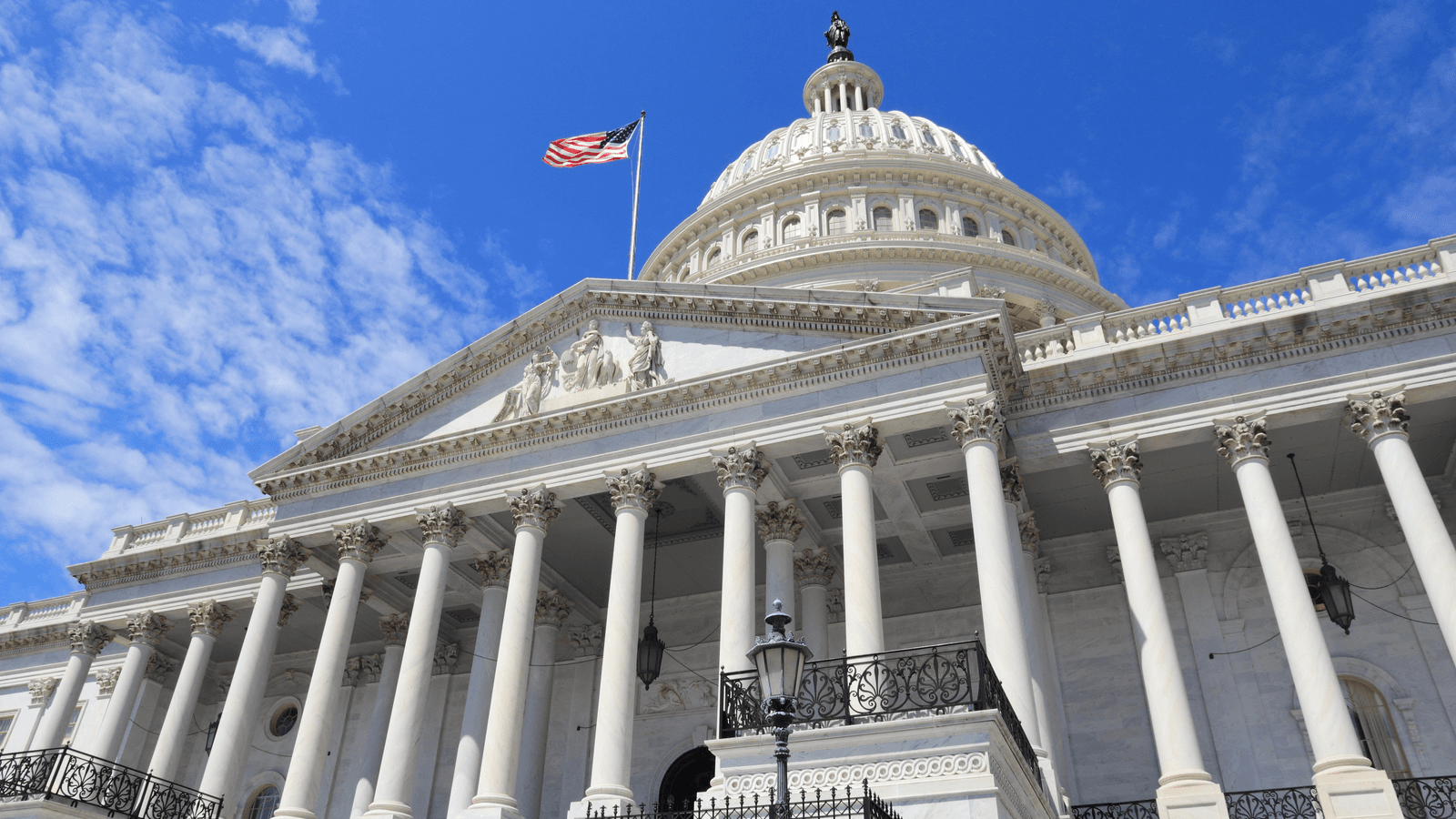Bipartisan Bill Proposes Tax Exemption for Small Crypto Transactions
US tax code must evolve to support growth in the digital economy, according to Washington Congresswoman Suzan DelBene

US Capitol Building. Source: Shutterstock
- The Virtual Currency Tax Fairness Act would exempt personal transactions made with virtual currency when the gains are $200 or less
- Rep. Suzan DelBene (D-Wash.) and David Schweikert (R-Ariz.) introduced the bill two years after proposing legislation with the same name
Four members of Congress — two Democrats and two Republicans — have proposed a bill designed to make the everyday use of digital assets more practical.
Currently, consumers are required to report any changes in a digital currency’s value against the US dollar from the time they purchased it until it is used in a transaction. This is counted as taxable income.
The Virtual Currency Tax Fairness Act would exempt personal transactions made with digital currency when the gains are $200 or less. Rep. Suzan DelBene (D-Wash.) and David Schweikert (R-Ariz.) introduced the bill on Thursday.
DelBene said in a statement that the US tax code must evolve to support growth in the digital economy.
“Antiquated regulations around virtual currency do not take into account its potential for use in our daily lives, instead treating it more like a stock or ETF,” she said. “However, virtual currency has evolved rapidly in the past few years with more opportunities to use it in our everyday lives.”
DelBene and Schweikert introduced a bill with the same name in January 2020. It did not get a vote on the House floor.
A spokesperson for DelBene told Blockworks that the congresswoman would continue seeking to include such measures in legislation as a way to expand the use of digital currency in daily life.
“As the use of virtual currencies for retail payments increases, it’s important that Americans are able to easily understand their tax obligations,” Blockchain Association Executive Director Kristin Smith said in a statement. “By providing an exemption for small everyday purchases, the Virtual Currency Tax Fairness Act would ease this burden for consumers.”
Reps. Tom Emmer (R-Minn.) and Darren Soto (D-Fla.) co-sponsored the proposed legislation, continuing their advocacy in the crypto space.
Soto and Emmer wrote a letter to Securities and Exchange Commission (SEC) Chairman Gary Gensler in November to voice support for spot bitcoin ETFs, which the agency has yet to approve.
Get the news in your inbox. Explore Blockworks newsletters:
- The Breakdown: Decoding crypto and the markets. Daily.
- 0xResearch: Alpha in your inbox. Think like an analyst.






